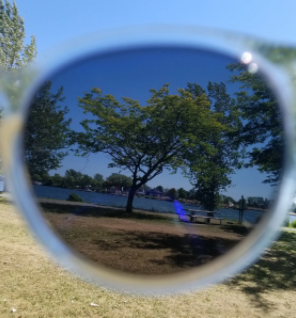7 Ways To Know The Quality Of Your Sunglasses
2020 Aug 18th
One of the main reasons to wear sunglasses is to protect your eyes from the sun’s harmful rays. However, are you sure that your sunglasses are giving your eyes the protection that they need?
You’ll be surprised to know that not all sunglasses are equipped with lenses that filter out 100% of the sun’s harmful Ultraviolet (UV) rays. So how do you find out whether your sunglasses are protecting your eyes well enough from the harmful effects of sun exposure?
Here are eight ways to determine the quality of your sunglasses and make sure your eyes are getting all the protection they need.
1. Look For The UV Protection Label
Trusted sunglasses brands will always indicate the type of UV protection on their labels. It’s either you’ll come across labels that indicate 100% UV protection or the UV filter category UV 400. Sunglasses with a UV 400 lens block all light rays with wavelengths of up to 400 nanometers, which covers all UVA and UVB rays. Always look out for either of these labels when you're shopping for sunglasses to make sure they provide the best UV protection for your eyes.
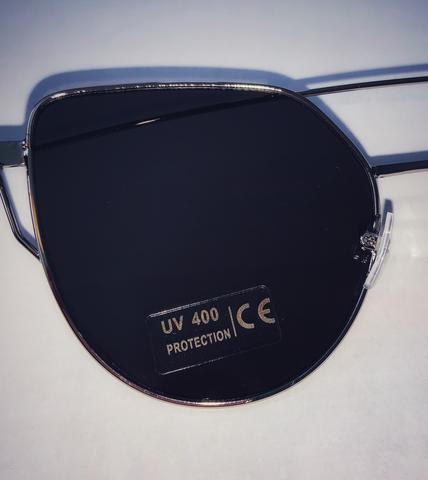
2. Test Your Sunglasses With a UV Flashlight
If you have a UV flashlight at home, you can use it to test your sunglasses' quality. Shine the light against any paper money. When the watermark from the bill lights up, put your sunglasses in front of it. If it disappears, it has UV protection.
Apart from releasing UV light, which your eyes can not see, the flashlight will also release visible light. Some of the light will make it through your lenses and illuminate the paper. Just make sure to distinguish the differences between the straight UV light compared to when it passes through the lens, and the visible light hits the test subject.
Remember that if the visible light cannot penetrate your lens, then that would be abnormal, and in this case, you wouldn't be able to see anything through your sunglasses at all!
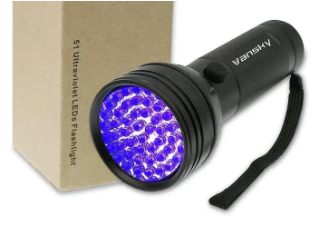
3. Be Mindful of The Expiration Date
Yes, sunglasses do have an expiration date. The typical expiration of a pair of sunglasses is when it reaches two years and above. Sunglasses expire because when they’re exposed to UV rays over time, the UV protection coating on the lens gets damaged and becomes no longer effective.
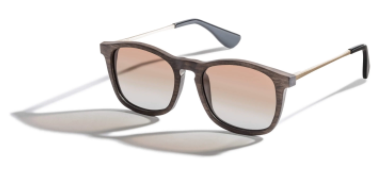
4. Watch Out For Dark Sunglasses
Many might think that the darker the sunglasses are, the better they can protect the eyes from sun damage. The reality is, the darkness of the lens doesn’t necessarily mean it can block UV rays more effectively.
Dark sunglasses are mainly great to filter out ambient light and glare. The problem with dark sunglasses, however, is that it makes your pupils open up, which lets more light actually enter into your eyes. When the sunglasses aren't UV protected, the extra exposure to UV rays increases your chances of getting cataracts and macular degeneration. If you're opting for dark sunglasses, make sure to check they are equipped with 100% UV protection lenses.

5. Know What Polarization Is
Polarized sunglasses are becoming more and more popular to have and for a good reason. Polarized lenses are equipped with a filter that only lets vertically-oriented light pass through and blocks horizontally-oriented light. When this happens, it reduces glare, enhances contrast and improves visual clarity and comfort. Although polarized lenses are not essential for blocking the sun’s UV rays, they are an added protection for your eyes that allow clearer vision in the sun, which can be especially useful when driving or doing certain sports.
Polarized sunglasses are strongly recommended if you're looking to buy a pair of good quality sunglasses. However, keep in mind that there are a few circumstances where polarized lenses may be less appropriate such as night driving, viewing LCD screens, auto dashboards, clocks and instrument displays.
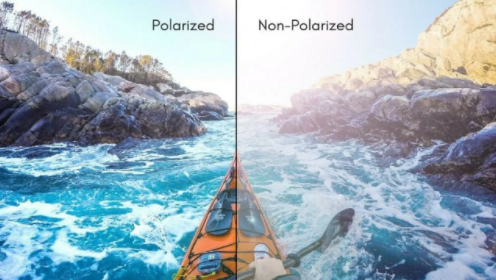
6. Have them checked by an Optometrist
If you want to be sure that your sunglasses are suitable to protect your eyes from sun damage, you can have them tested by taking them to the nearest optical shop. Opticians and Optometrists have the right tools to test your sunglasses and find out what type of lenses they are made of.
As per Dr. Andrea Thau, a New York-based optometrist and past president of the American Optometric Association, you can determine whether your sunglasses are safe or not by bringing them to your optometrist for a check during your yearly comprehensive eye examination. She states: "We have methods of testing their UV protection, and unluckily, you cannot tell if they have UV protection from just looking at them."
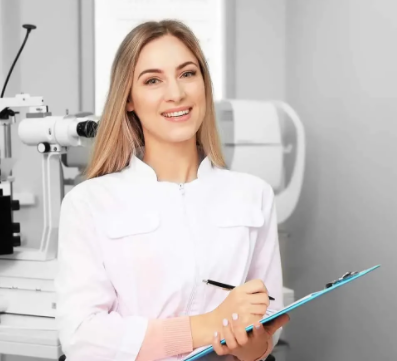
7. Check The Lens Quality
Your optician can check the quality of your sunglasses lenses, which is the most crucial factor. As per Muse Amawi, general manager of SEE Eyewear and New York optician, "The quality of the lens and coatings is what's important." Amawi also added, "Cheaper frames can be effective as long as you are getting them from an optical brand and not a fashion brand."
